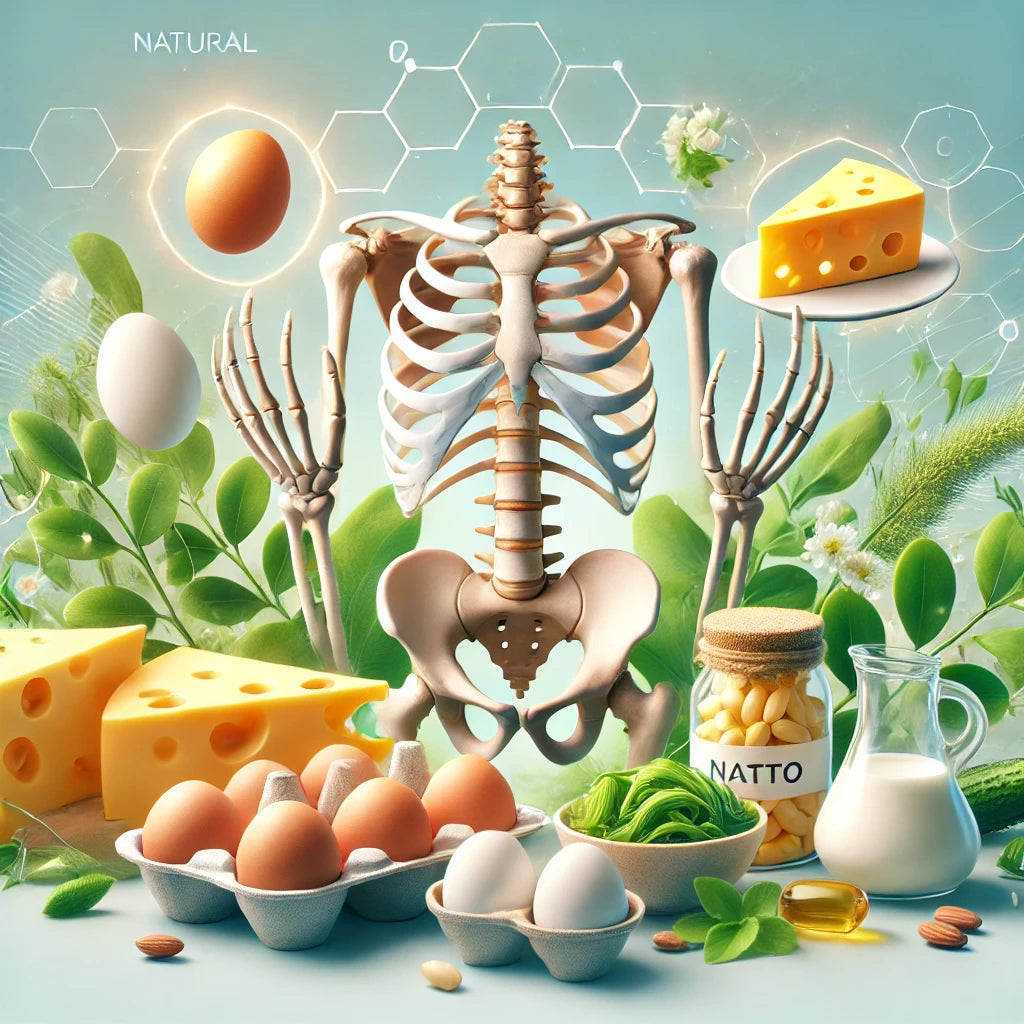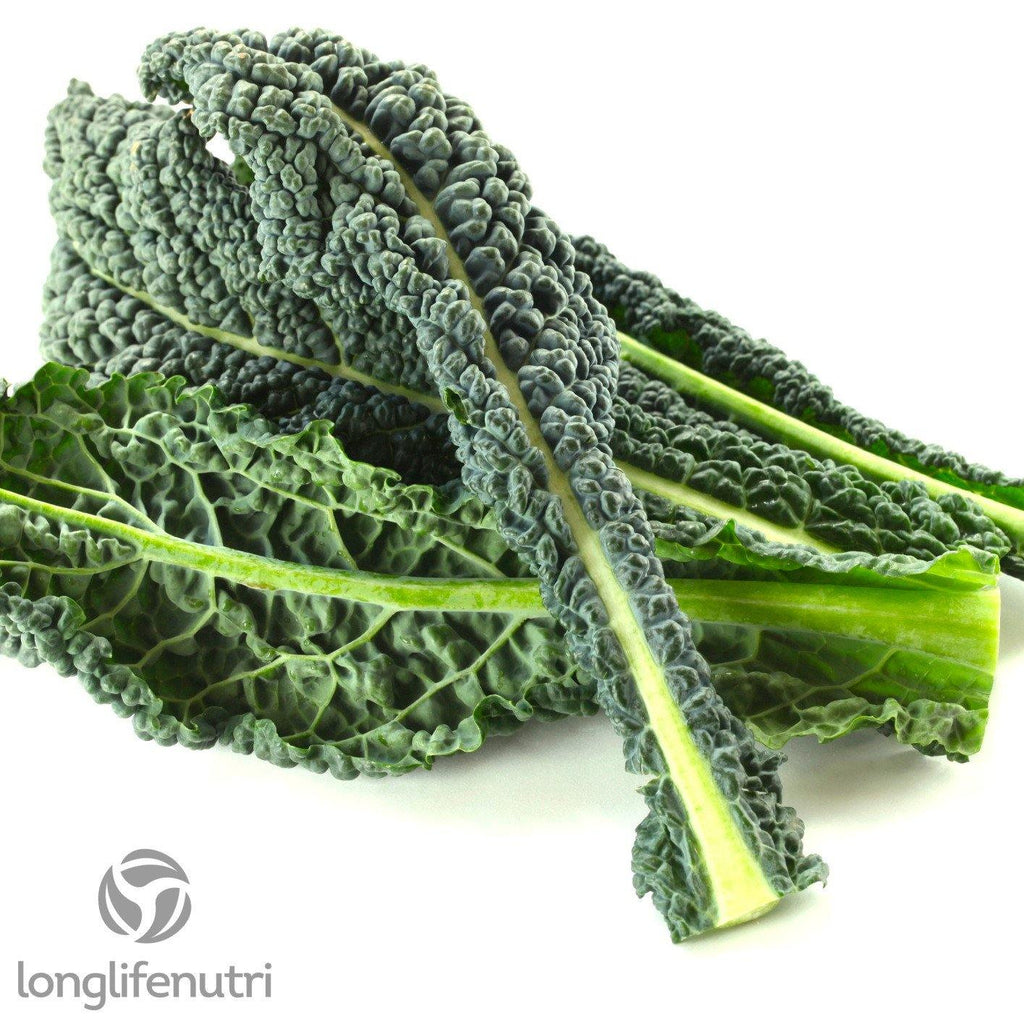News — natto
How Eating Fermented Beans Boosts Heart Health Naturally
ACE inhibitors natural arterial health bioactive peptides blood pressure support cardiovascular benefits cholesterol management cholesterol reduction fermented beans fermented foods benefits fermented soy gut-heart connection healthy circulation heart health miso natto nattokinase plant-based diet plant-based heart health probiotics tempeh
Fermented foods have been part of human diets for thousands of years, offering a flavorful way to preserve ingredients while enhancing their nutritional profile. Among them, fermented beans—such as natto, tempeh, and miso—stand out not just for their taste but for their unique health benefits. Packed with plant-based protein, fiber, and bioactive compounds, these humble legumes undergo a transformation during fermentation that boosts their impact on the body, especially the heart.
Cardiovascular disease remains the leading cause of death worldwide, but diet plays a powerful role in prevention and management. Fermented beans bring more to the table than just protein—they deliver probiotics, bioactive peptides, and heart-friendly enzymes that may help lower blood pressure, improve cholesterol profiles, and support healthy circulation. Far from being just a culinary tradition, they’re a delicious, science-backed ally for cardiovascular health.
Menaquinone: The Key to Strong Bones and Calcium Regulation
bone density bone health calcium and vitamin K2 calcium regulation cardiovascular health fermented foods K2 for bones menaquinone menaquinone and heart health menaquinone dosage menaquinone research menaquinone supplements natto osteocalcin osteoporosis prevention strong bones vitamin K2 vitamin K2 benefits vitamin K2 food sources vitamin K2 MK-7
When it comes to bone health, calcium and vitamin D often steal the spotlight. However, there’s a lesser-known yet equally important nutrient that plays a pivotal role in maintaining strong bones—menaquinone, commonly known as vitamin K2. This fat-soluble vitamin is essential for directing calcium to the bones where it’s needed and away from areas where it can cause harm, such as the arteries.
In this article, we’ll dive deep into the benefits of menaquinone for bone health, how it works in the body, and why it might just be the missing link in your bone-strengthening regimen. Whether you're concerned about osteoporosis, want to prevent fractures, or are simply interested in optimal bone health, understanding the role of menaquinone is key.
Top 10 Vitamin K Rich Foods
bone broccoli cabbage cucumbers dairy fightcancer hearthealth infections kale natto oralhealth prunes scallions soy sprouts vitamin vitamink vitamink1 vitamink2 vitamink3
Vitamin K is a fat-soluble vitamin that plays a role in blood clotting. Vitamin K activates the protein that clots the blood. It is also needed for the synthesis of bone proteins. A vitamin K deficiency can lead to heart disease, weakened bones, tooth decay and cancer. Much of the vitamin K in our diets comes from the intestinal bacteria we already have, because of this, your vitamin K levels can depend greatly on the health of your gut. There are two types of vitamin K we have in our diet, vitamin K1 and vitamin K2. Vitamin K1 is found...
Natto: The Most Amazing Food You’re Not Eating
bloodclotting hearthealth hypertension iron magnesium menaquinone natto nattokinase potassium prostatecancer vitamink vitamink1 vitamink2 vitamink2mk7 zinc
Natto is by no means a new food. It’s been a traditional and popular, yet polarizing health food for centuries in Japan. About 7.5 billion packets of natto are sold each year. It’s clear that many people love it and eat it daily (it’s a popular breakfast staple), but some people just can’t stand the stuff. Natto is essentially steamed soybeans that have been fermented with a bacteria called Bacillus subtilis and then aged for about a week. The resulting product looks like the soybeans have been covered in some sort of stringy slime. This can be off-putting for some. The smell...




